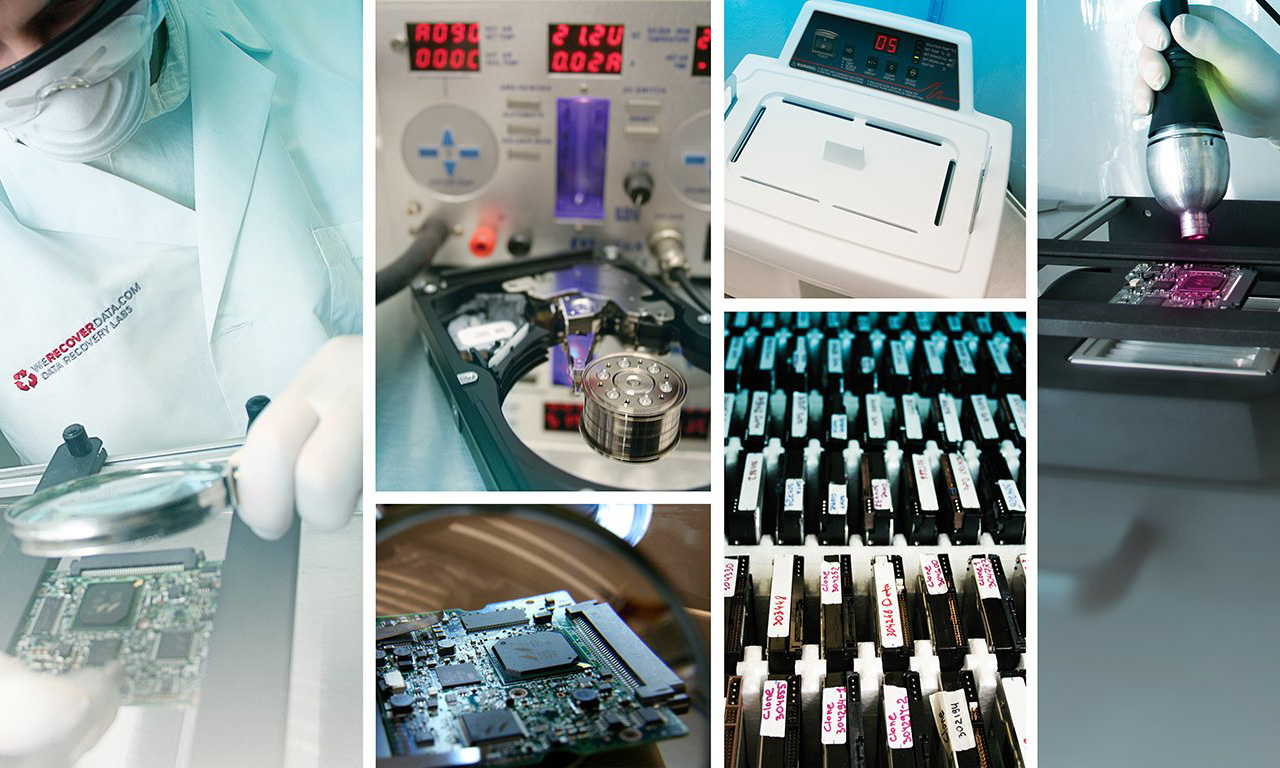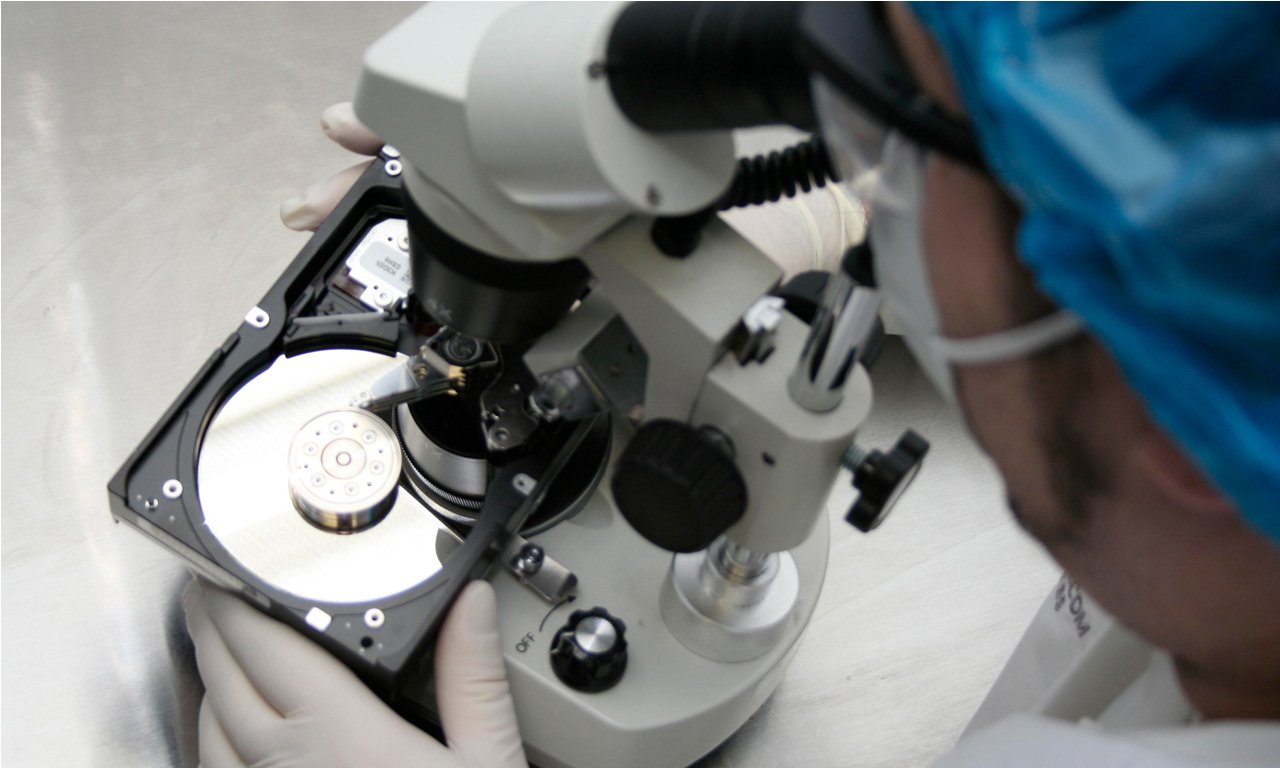Ethics and AI
By Matt Brennan
There are a few leading technology companies with ample resources who are the forefront of developing tomorrow’s most innovative AI. These companies are moving faster than the government can regulate the industry. There are very few laws or regulations on the books to address AI, so that the public has assurance that what they are using is safe.
According to a recent survey from the company SnapLogic, 94 percent of IT decision makers across the US and UK believe that more attention needs to be paid to corporate responsibility and ethics in AI. With advancements being made in autonomous vehicles, healthcare and medicine, environmental technology, and more, it’s critical that AI companies keep the safety of the public in mind. Below are a few steps they can take to create a safer, more ethical AI environment.
Comply with Regulations That Are on the Books
It may be common sense, but the need to comply can go by the wayside in technological competitiveness.
In the US healthcare industry, AI would be governed by Health Insurance Portability and Accountability Act (HIPAA), the Children’s Online Privacy Protection Act (COPPA), or possibly other federal and state laws. If companies have any European customers or employees, they would be governed by General Data Protection Regulation (GDPR).
It’s critical that companies producing AI follow the regulations that are on the books.
Take Control of Data
Data is the gasoline that fuels AI. It’s critical to make sure that the body of data collected is representative of the body of people who will be using the model. This means that data scientists need to continue to use best practices to serve potential customers.
As technology advances, guarding data is an imperative step in protecting the integrity of your technology. When data is compromised, either through hackers or an inadvertent loss of personal data, the public trust is undermined. It’s critical to have secure firewalls in place, and reliable data backups. It’s also critical to have a data recovery plan in place, in the event that operational data is lost. This may mean understanding when a data recovery company may be your best bet to be able to recover from data loss.
Define and Live by Our Values
As more industries become increasingly automated and autonomous, there needs to be a higher standard than statistical accuracy. AI will be empowered to make an increasing number of decisions that may come into conflict with our ethics and values. For example, machines may be making decisions on a defendant’s innocence or guilt. They may decide who will be impacted most in a car accident. They may be making important medical decisions for us in healthcare.
It’s critical that AI know when to default to human ethics over a purely statistical decision. This requires societies to define and live by their values. The decisions made will ensure that our AI is a tool that works on our behalf, and not the other way around.
AI Is Here to Stay
AI will play an increasingly large role in a number of existing and emerging industries. It will be automating roles that currently require human intervention. As that happens, it’s critical to keep humans’ best interest in mind. By following the steps above, we can create AI systems that are ethical and safe.






















Great company!
I think it is the best company in the world regarding data recovery. They take all types of recovery cases with great responsibility and ensure they work with the best possible solution for your specific case. I highly recommend it.
Superb effort
Superb effort from werecoverdata. I had no idea how to fix it when I faced a horrible problem with my RAID NAS. But they solved it very quickly and superbly. I recommend them!
Fantastic results
Thanks to all staff of werecoverdata for excellent work and for getting my company data back! I got frustrated when a deadly drop damaged my hard drive. But they solved it!
Thanks
Few days ago my raid server is crashed dangerously. It was not starting any more. I tried in a various way whatever I know but I could not fix it. My uncle told me about WeRecoverdata. Then contact with them and they repaired it. Thank you guys.
Recover service
Those are suffering bad experience of getting a reliable and professional recovery service provider, definitely, they can choose werecoverdata. I highly recommend it.
Thanks a lot
The location is a bit hard to find out but eventually, I did. They recovered my hard drive, which was mostly dead. Thanks a lot.
Great response
Definitely weRecover team is great to solve that kind of hard drive problem. Great response and remarkable. They recovered my all data successfully within short time. I wanna give special thank to David. Thanks a lot man.
Liked Your Service
I have been using my HP laptop since 2016. Few months ago I could not open my laptop. After pressing the power button its showing nothing. My friend told me about that company. They recovered my laptop. Now its working perfectly. Thanks a lot WeRecoverData.
Pretty good experience
It was really pretty good experience. They are so professional, punctual and reliable. I strongly recommend it.
Remarkable Work
A lot of thanks to werecoverdata. You did really remarkable work. I was frustrated when lost my important data from a hard drive. I sent my hard drive to WRD then they got all the data back. At first, I couldn’t believe anyone can recover it since my computer tech said he can’t do it. All credit goes to werecoverdata.
Gorgeous service
Fantastic service from all the guys at werecoverdata. I was having pressure when corrupted data from my hard drive .Then I went there and they fixed it superbly.Thanks for removing the pressure!
Extremely well
I faced horrible problem but they solved it extremely well.My problem was that hard drive crashed dangerously.At this moment I thought the sky was broken on my head.Thank you for that.
Sensible
Thanks to WeRecoverData. You fixed the hard drive problem promptly. I am impressed… Anybody can rely on werecoverdata.
Well done
Thank you
Great work
Obviously great work from werecoverdata.Definitely no doubt about this company because they take seriously to solve any kinds of problem.I have lot of assurance at them.A lot of thanks to them.
Fantastic work
Oh Tom really fantastic work. You saved my important days. Raid 5 server damaged dangerously few days ago. But you fixed it well. Thank you for that!
Great efforts
All credits goes to werecoverdata for recovering raid server.I thought impossible to repair it but they was taken sensible and fixed it.Now I can fully trust on werecoverdata.All thanks to them.
Helpful Work
Werecoverdata, you did a really very helpful work.I was angry when my hard drive got dropped from my mistakes. I recommend the company and give a lot of thanks to werecoverdata.
Best service
After my hard drive crashed I was going to be totally mad. One of mu cousin suggested me to meet that company. I did and got the best service ever I had.
Remarkable Job
AWESOME service from WeRecoverData. I was almost mad when my pc crashed. A lot of valuable data in my hard drive. One of my friend recommend it. I thought it will not be possible.
But after all I got back my all data. Thank You WeRecoverData.